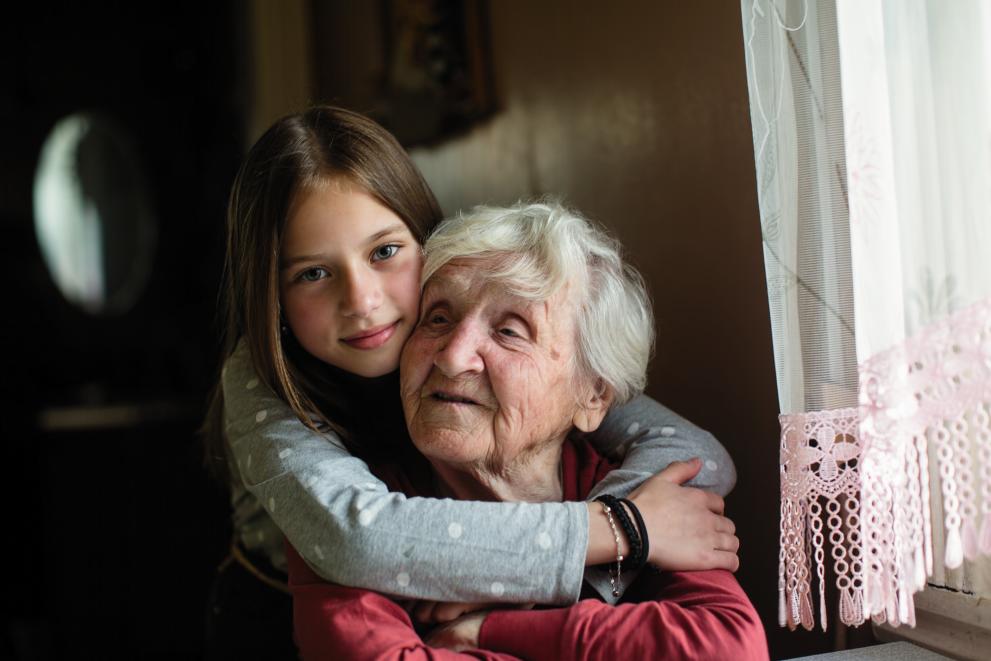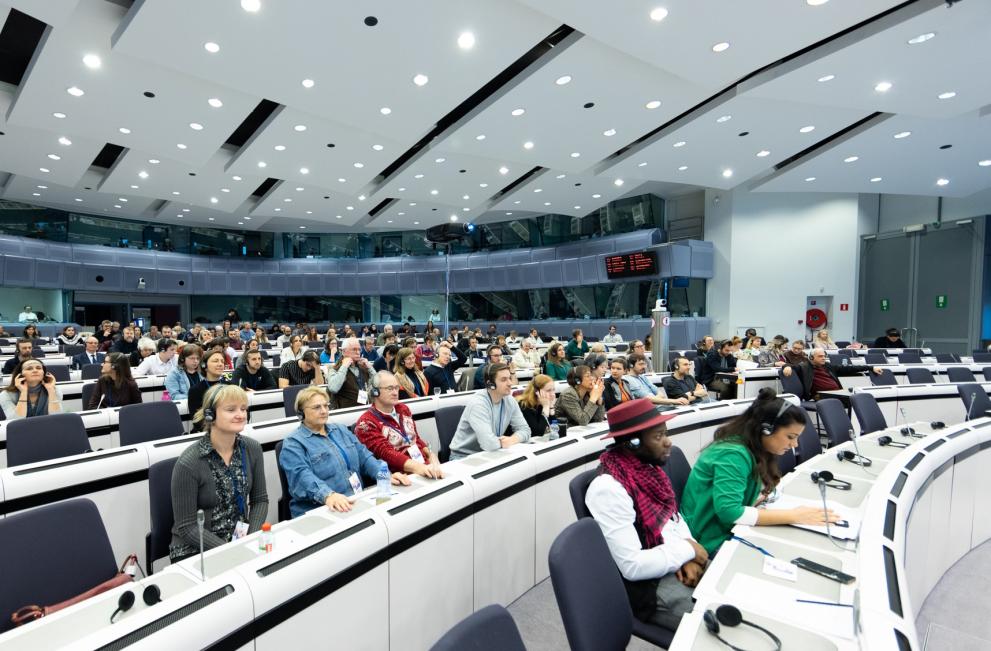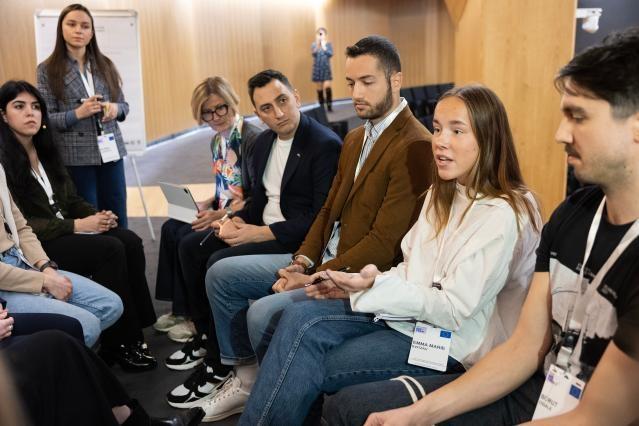Citizens deliver recommendations to foster fairness across generations
Over three weekends, 150 randomly selected citizens from all 27 EU Member States representing EUs diversity came together to discuss how European policies can better promote fairness between generations - ensuring that today’s decisions create opportunities and sustainability for the future.
Participants were invited to reflect on the following issues:
- How can we bridge generational divides for the benefit of all by fostering a narrative of solidarity, mutual support and shared responsibility?
- How can we balance the needs and interests of all age groups, including those of future generations?
- How can we think long-term to build a fairer and more resilient society?
Together, they developed a set of priorities and concrete recommendations to guide EU action on the Strategy of Intergenerational Fairness.

Recommendations and follow-up
The panel discussions culminated in the delivery of 24 recommendations to Commissioner Glenn Micallef to foster fairness across generations.
Guided by principles of fair decision-making, renewed intergenerational contracts, and mutual respect, the proposals address essential topics like safe homes, strong communities, dignified living, food security, sovereignty, and universal education. The panel members also highlighted the importance of sustainability, AI, cultural inclusion, and environmental accountability.
The European Commission is actively reviewing the proposed recommendations to enhance policy-making by incorporating citizen perspectives into the Strategy on Intergenerational Fairness.

Timeline
The European Citizens’ Panel on Intergenerational Fairness took place over three weekends between September and November 2025.
- 12-14 SeptemberSession 1 - Brussels
- Introduction to the "Intergenerational Fairness" topic.
- Exchange of first ideas participants find most promising for this exercise.
Recordings: 12/09/2025 | 14/09/2025
- 17-19 OctoberSession 2 - online
- Stocktake of Session 1 and development of ideas by theme and topic.
- First phase of developing recommendations.
Recordings: 17/10/2025 | 19/10/2025
- 14-16 NovemberClosing Session - Brussels
- Drawing conclusions of debates and recommendations to the European Commission.
- Explanation of next steps – impact on policymaking.
Recordings: 14/11/2025 | 16/11/2025
Intergenerational Fairness: What’s at stake?
Following international initiatives like the UN Pact for the Future, signed by global leaders on 22 September 2024, the Commission's 2024-2029 Political Guidelines state that in the wake of “unease in the society,” the European Union must ensure “that decisions taken today do not harm to future generations and that there is increased solidarity and engagement between people of different ages.”
The responsibility for this work has been given to Commissioner Glenn Micallef, who in his Mission Letter is asked to “prepare a Strategy on Intergenerational Fairness to map out how we can strengthen communication between generations and ensure that interests of present and future generations are respected throughout our policy and law making.”

Photo Gallery


IGF family photo - Session 3IGF family photo - Session 3 

IGF Session 3 - recommendations handoverIGF Session 3 - recommendations handover IGF plenary session 3IGF plenary session 3 IGF sub-plenary - Session 3IGF sub-plenary - Session 3 IGF third sessionIGF third session IGF working group session 3IGF working group session 3 IGF third session 2IGF third session 2 IGF Panel - Session 1IGF Panel - Session 1 IGF Panel - First SessionIGF Panel - First Session IGF Panel - Session 1IGF Panel - Session 1 IGF Panel - Session 1IGF Panel - Session 1 IGF Panel - Session 1IGF Panel - Session 1 

IGF Panel Session 1 GroupIGF Panel Session 1 Group


